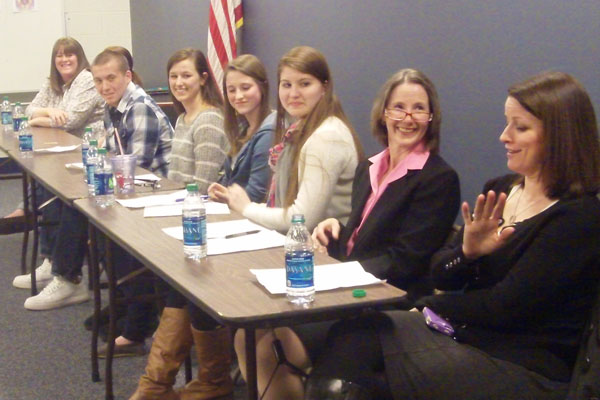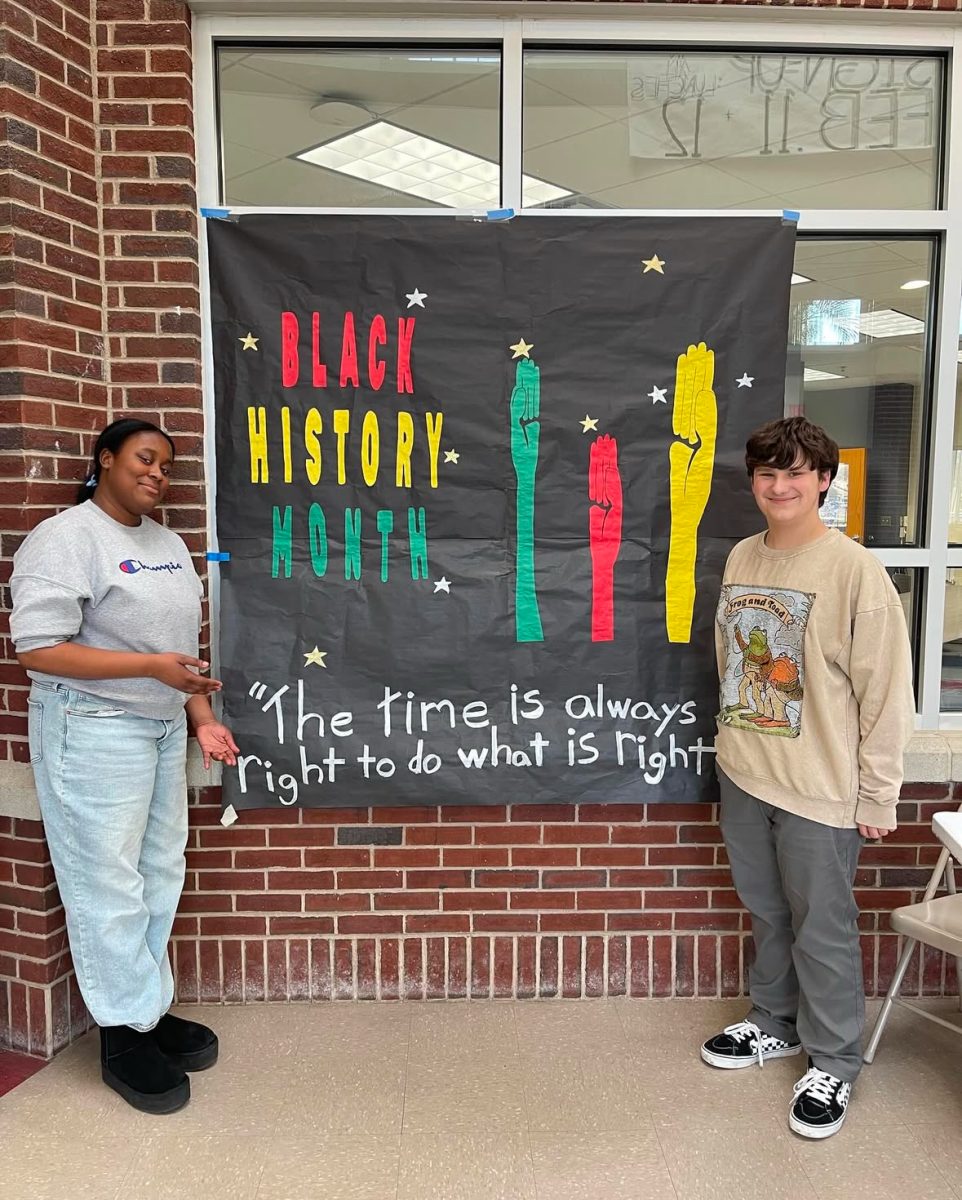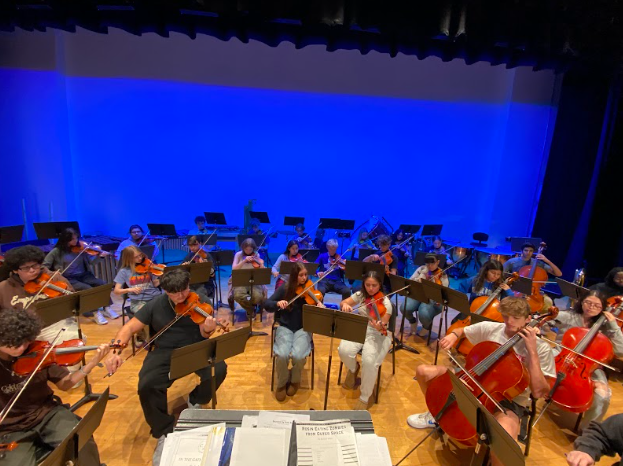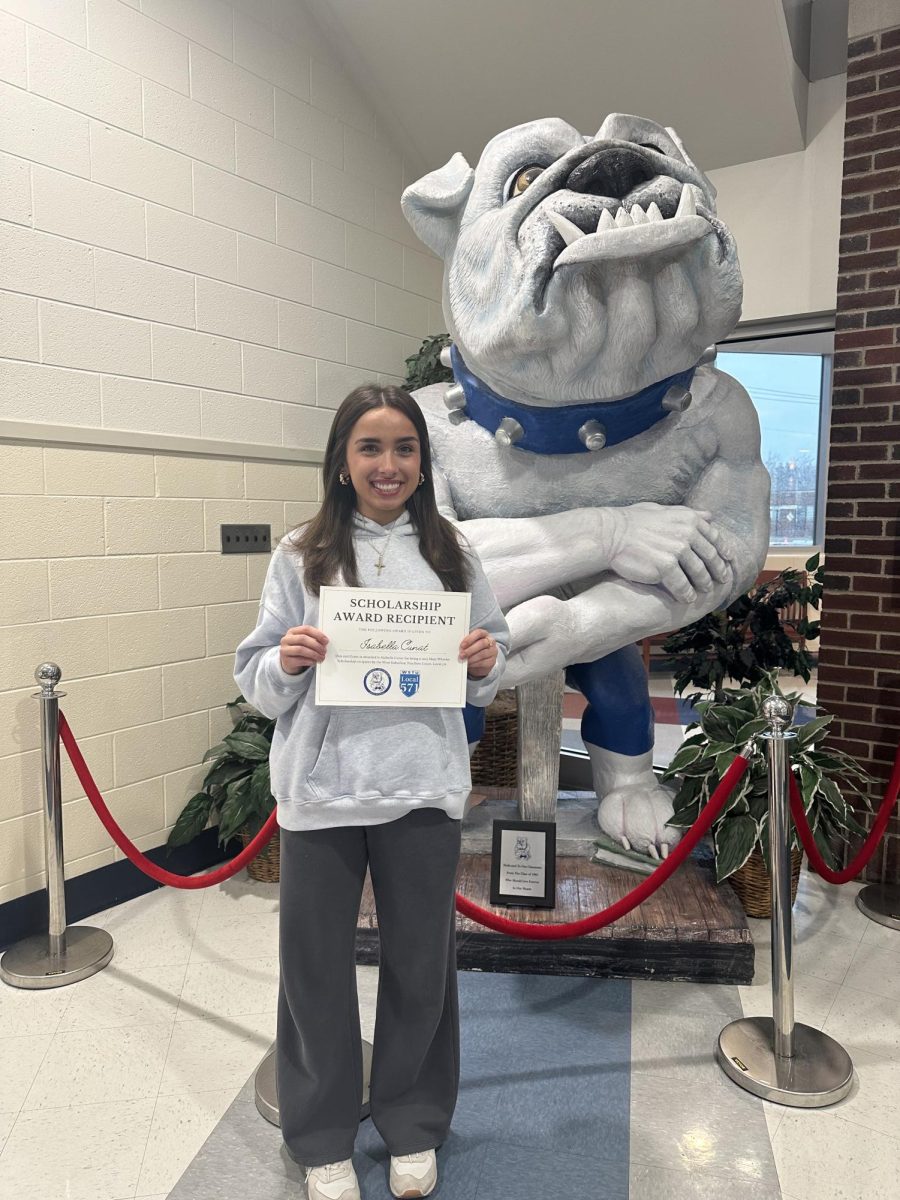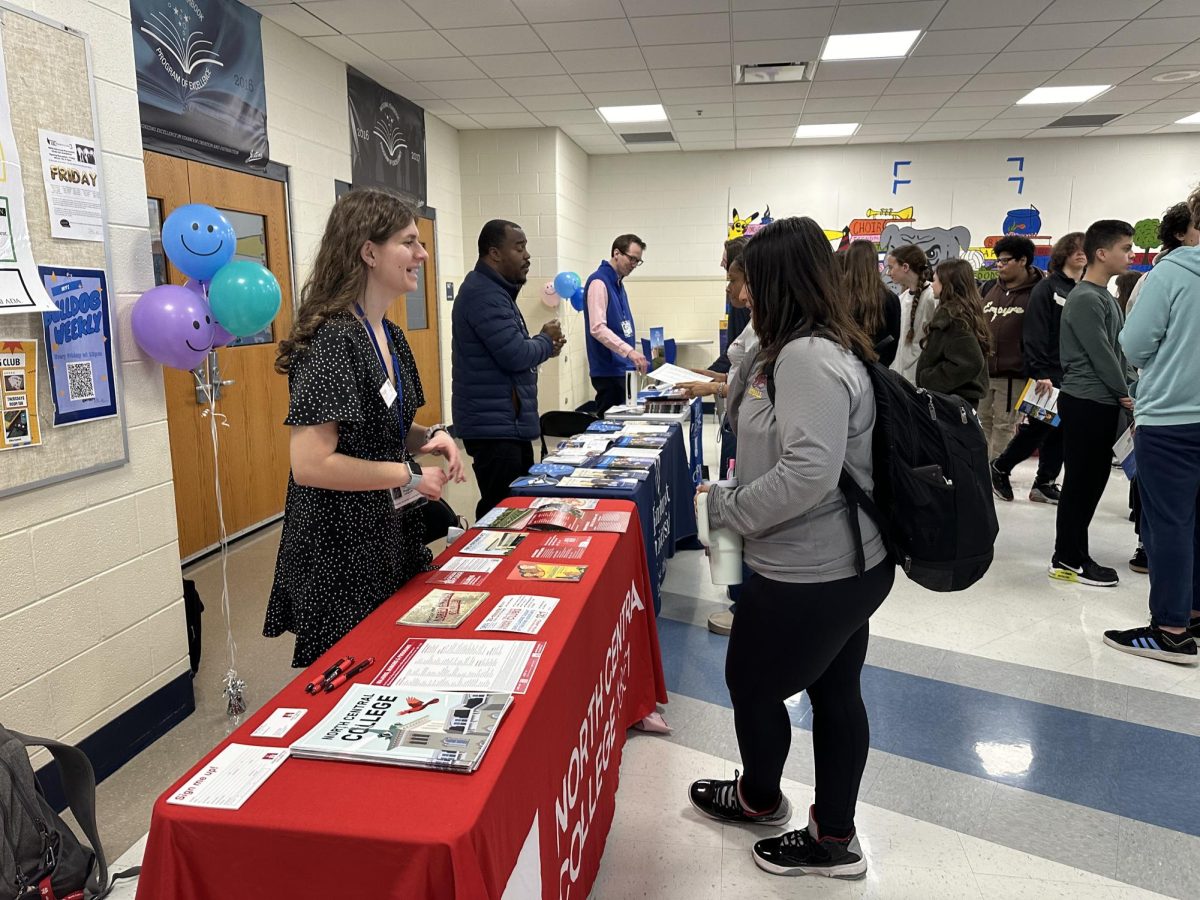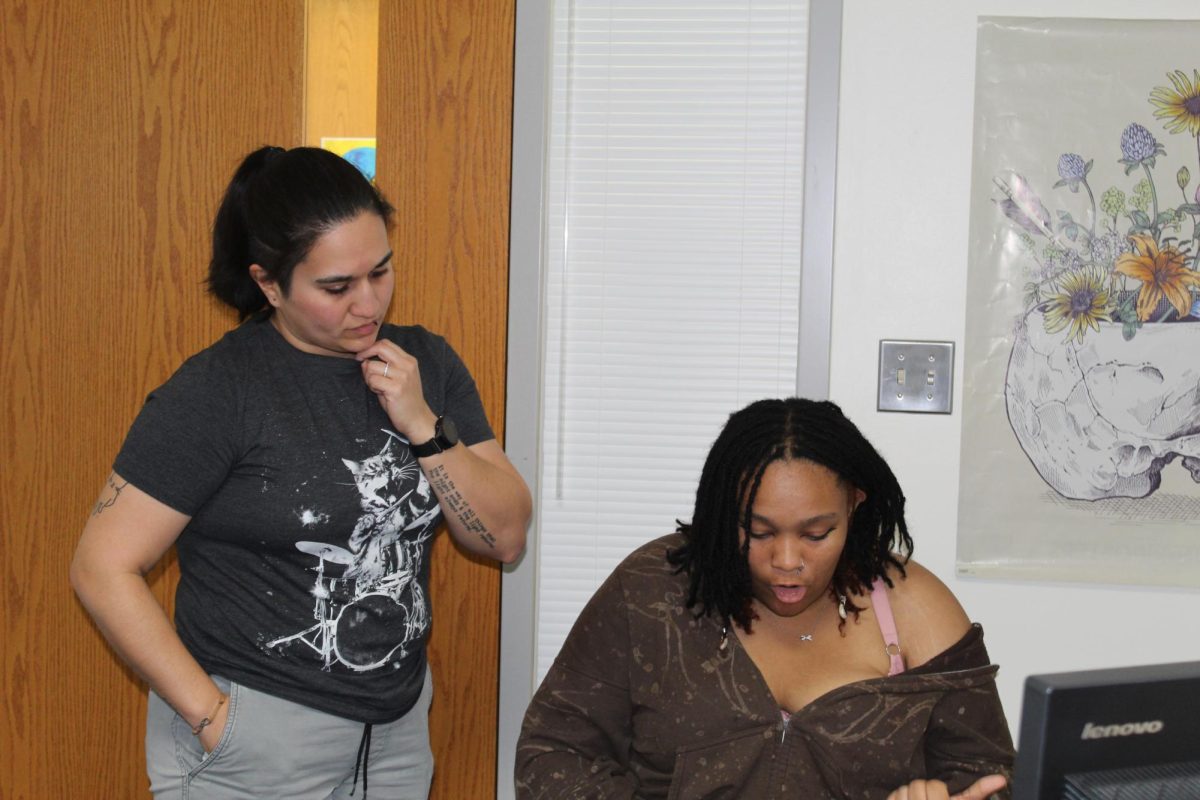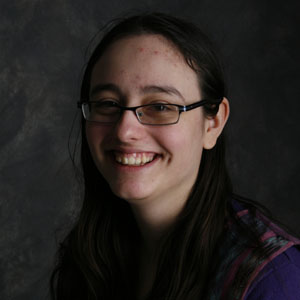Is college looming over your head? Is it making you quake with fear? While that’s certainly likely, RB is trying to help.
April 10, counselors Mike Reingruber, Renee Thomas, and Beth Augustine hosted a panel featuring Senior RB students who have already completed the college search process and the parents of other students. Called “What I Wish I’d Known,” the panel is an annual event designed to help students with the college search process.
Present this year were students Celia Skvaril, Tyler Campbell, Sarah Benya, Mona Novickas, and Alison Nicolai, as well as parents Lisa Nicolai, Kristin Claire, and Deb Maxwell. All of the students had applied to multiple colleges and been accepted to at least some of them.
The room was crowded with students and their parents hoping to get some helpful hints. The seats quickly filled up, and many people had to stand along the back wall.
The panel members started by discussing some of the things that helped them with the college search process. Some of their suggested resources included college fairs, web sites such as Naviance and College Prowler (both available on the student service page of the RB website), and campus visits.
“Campus visits were very crucial,” Campbell said, “in making sure that I can see myself living there, pretty much, for the next year or maybe even four years.”
Students also had some less anticipated advice to share.
“I know this is silly, but I just learned that you should visit a college on a sunny day,” said Skvaril. “If it’s really rainy and stuff you’re going to feel really gloomy.”
Almost everyone was in consensus when it came to writing personal statements for colleges. Be yourself. Think of all the things that make you unique, and write an essay that expresses who you are.
“I gave it to my English teacher, and it really helped a lot,” said Novickas. “He revised it and let me go through it one more time, and by the time I sent it out, I felt like it described me.”
Maxwell suggested keeping a file folder of artifacts from clubs and activities to remind you of what had happened over the past four years.
Of course, financial aid was a much-discussed topic, including FAFSA and scholarships.
“Apply for as many scholarships as you can,” Nicolai said. “There’s scholarships for everything, like being left-handed, or like making your prom dress out of duct tape.”
Overwhelmingly, one of the most frustrating things of the application process was waiting to find out if you were accepted.
“Your mind eats itself up,” said Benya.
In second place came deciding where to apply and which school to actually go to, as well as the time crunch.
The final part of the presentation dealt with the title “what I wish I’d known.”
Most were surprised at how competitive the process had been and how much work it was. Some thought they should have gotten started earlier, or had a clearer idea of what they were looking for in a school. Almost everyone recommended making as much use as possible of the summer before senior year, since once school starts again, everything moves very quickly. But despite the pressures of the college search, no one should give up hope.
“You can make yourself happy anywhere,” Skvaril said. “It’s not giving up if you don’t get into your dream school because it could [turn out to] be your dream school.”

